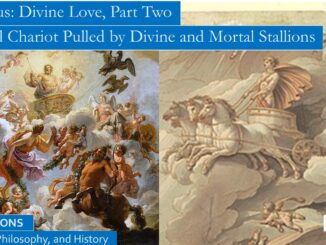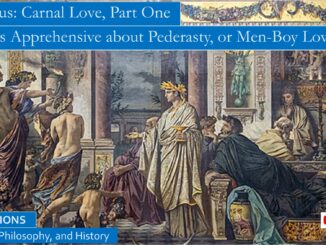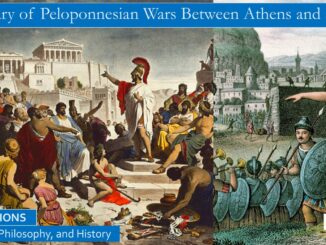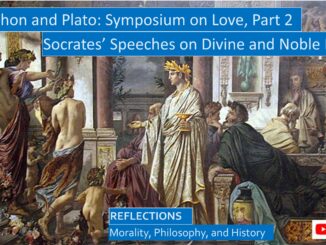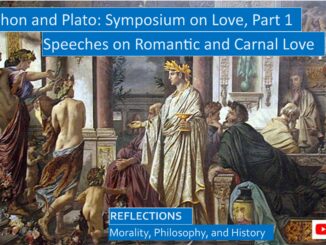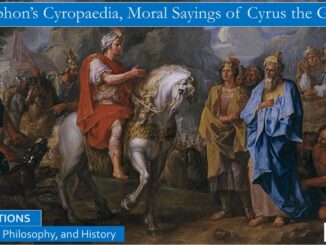
Xenophon’s Cyropaedia, Moral Sayings of Cyrus the Great, King of Persia
Was Xenophon’s Cyrus the source of Benjamin Franklin’s response to the question of what sort of government the delegates of the Constitutional Convention had created: “A republic, if you can keep it.” Xenophon’s Cyrus the Great observes, “It is a great work to found an empire, but a far greater work to keep it. To seize it may the fruit of daring and daring only, but to hold it is impossible without self-restraint and self-command and endless care.” […]

